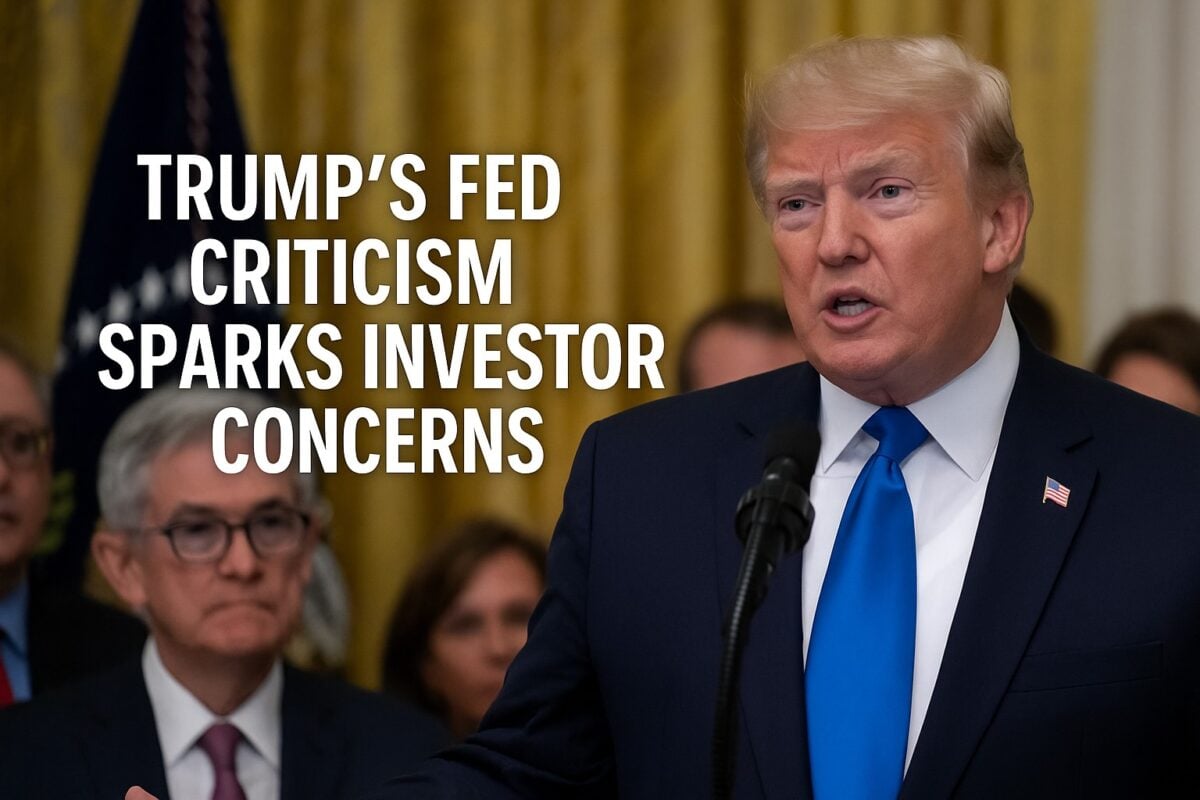
Wealthy Chinese Investors Fuel Hong Kong’s Investment Boom
Quick Look:
Rising Demand: Affluent Chinese investors are flocking to Hong Kong’s insurance and high-yield deposits due to China’s economic downturn and weaker yuan.
‘Wealth Connect’ Impact: This program has boosted cross-border investments, with a 70.5% inflow increase in April, driven by the tripling of the investment cap to 3 million yuan.
Financial Sector Response: Hong Kong’s financial firms are capitalizing on the surge.
Hong Kong’s investment products, notably insurance and high-yield time deposits, are seeing a resurgence in demand from affluent Chinese investors. These investors are keen to safeguard their returns amidst an economic downturn and a struggling property sector in China. Additionally, a weaker yuan is driving this demand.
This growing trend began last year. However, it has significantly accelerated following China’s relaxation of investment rules under the Wealth Connect programme in February. Hong Kong wealth managers have highlighted this increase in interest.
The ‘Wealth Connect’ Programme: A Game Changer
Introduced in late 2021, the Wealth Connect programme facilitates cross-border investment between Hong Kong, Macau, and nine cities in Guangdong province. This initiative allows residents of these cities to purchase investment products from banks in Hong Kong and Macau. Conversely, it also enables residents of Hong Kong and Macau to purchase products from banks in Guangdong province.
According to recent data, April saw a staggering 70.5% increase in inflows. This increase amounted to 22.3 billion yuan compared to the previous month. However, northbound investments by Hong Kong and Macau residents remained minimal. These investments totalled just 14 million yuan.
The February tripling of the investment cap under this programme to 3 million yuan has notably boosted outflows, despite China’s stringent capital controls. This programme has become a crucial channel for Chinese mainland investors to manage their wealth internationally. HSBC, a leading wealth manager, reported a threefold increase in new account openings in Hong Kong in 2023, primarily driven by mainland Chinese retail wealth clients. This momentum has persisted into the first quarter of this year.
High-Yield Deposits Draw Chinese Wealth to Hong Kong
The burgeoning demand for cross-border investments is prompting a scramble among financial firms in Hong Kong to capitalise on this opportunity. Furthermore, this trend is crucial for Hong Kong, which has faced challenges in recent years. For instance, pro-democracy protests, Beijing’s increased control, and geopolitical tensions have impacted the region. As a result, these factors had previously driven clients and wealth managers towards Singapore, a rival financial hub.
Hong Kong’s wealth managers are now experiencing a surge in inquiries from ultra-wealthy individuals from China and Southeast Asia. For example, UBS reported an 85% increase in inquiries from potential family office clients last year compared to the previous year. Notably, over 60% of these inquiries were related to setting up family office entities in Hong Kong. Furthermore, these inquiries were predominantly from Chinese clients.
In response to this growing demand, banks in Hong Kong have started offering competitive interest rates on short-duration term deposits. Some are offering up to 10% per annum. This rate is significantly higher than the approximate 2% offered by mainland banks. Consequently, this disparity is attracting more mainland investors to Hong Kong’s financial products.
Insurers and Wealth Managers: Benefiting from Cross-Border Demand
Hong Kong-based insurers have also experienced a surge in demand from mainland Chinese clients since the lifting of COVID-19 border controls in early 2023. Moreover, Citigroup’s private banking division in Hong Kong and the Greater Bay Area reported record new account openings in 2023. This trend has continued into this year due to strong demand from mainland Chinese clients.
This surge in demand comes against the backdrop of limited investment options within China. Yields on long-dated bonds have plummeted to record lows. Consequently, the desire for better returns and international diversification is driving wealthy Chinese to seek alternatives in Hong Kong’s robust financial market.
As Hong Kong’s financial sector adapts to these changes, the city’s status as a global wealth hub is being reinforced. The increased activity and interest from affluent Chinese investors are helping Hong Kong recover from recent challenges and reaffirm its position in the global financial landscape.


